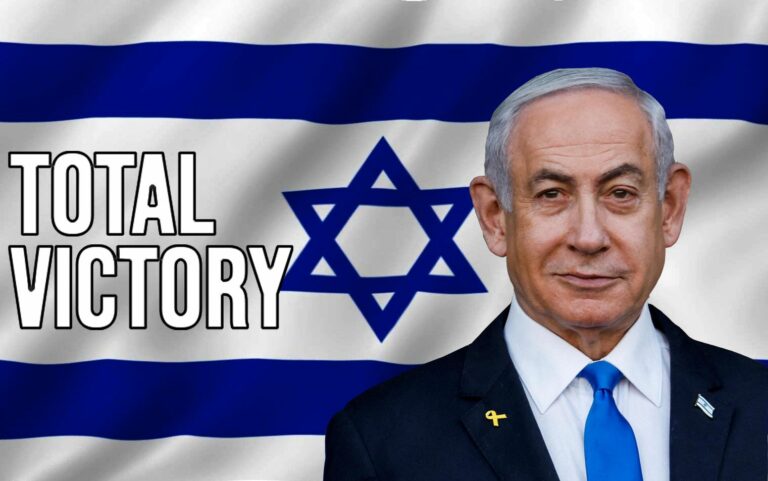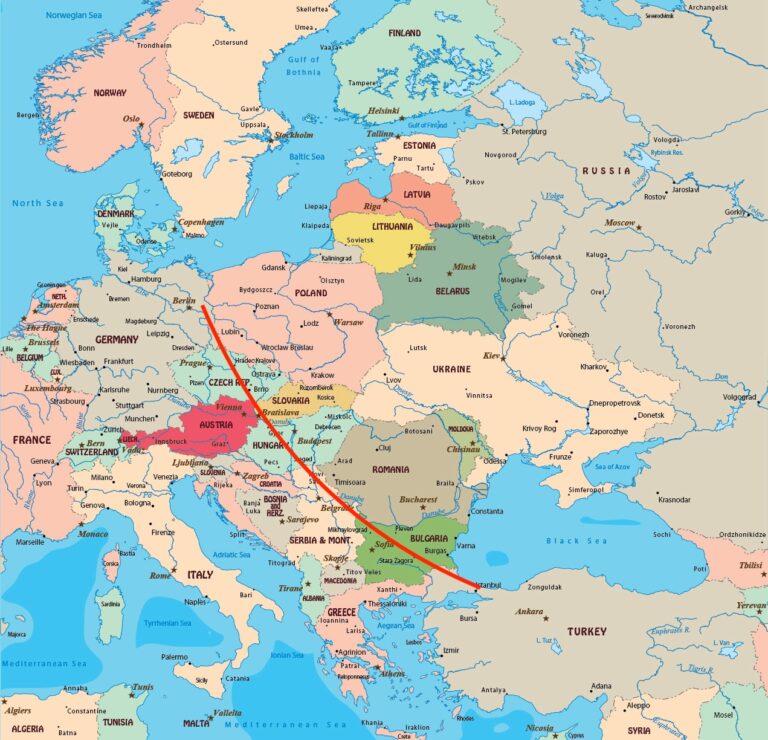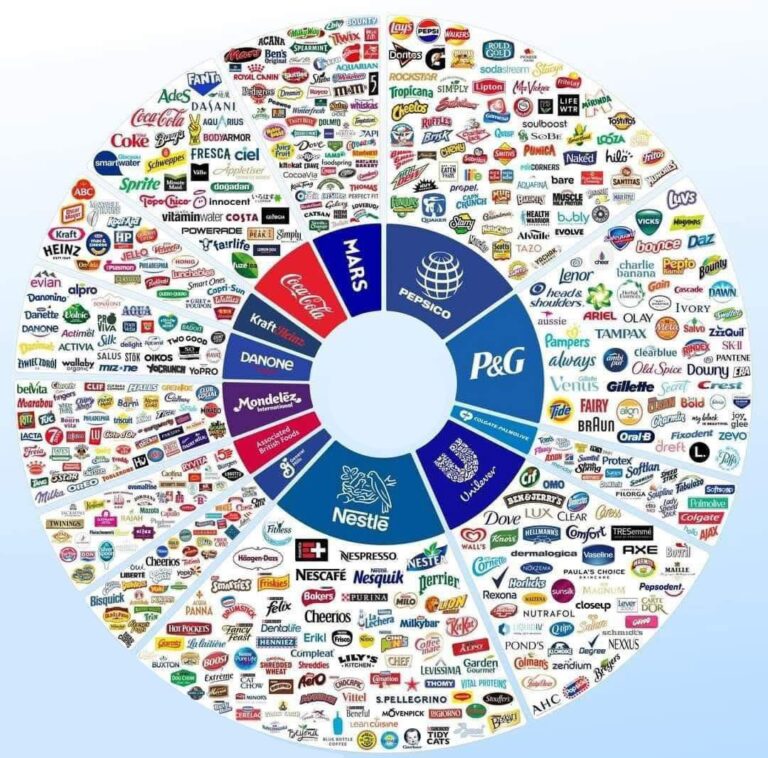By Andrea Tucci,
A year after the October 7, 2023, massacres, the conflict between Israel and Hamas has left the region a powder keg, with tensions flaring from Lebanon to a potential confrontation between Tel Aviv and Iran. Based on previous Arab-Israeli wars and Israel Defense Forces (IDF) operations in Gaza and Lebanon, many anticipated a violent yet brief operation. However, after a year, the fighting persists, and a resolution seems distant.
It is evident that Israel underestimated the extent of Hamas’s defensive preparations, established in anticipation of Israel’s inevitable retaliation. Hamas’s initial attack aimed to provoke a furious response from Tel Aviv. Despite significant civilian casualties and the near-total destruction of Gaza’s infrastructure, Hamas remains entrenched as both a political entity and military force. For many in the Arab world, this resilience represents a form of victory, symbolizing Hamas’s resistance against perceived oppression.
Meanwhile, Israel, equipped with extensive intelligence services and formidable military strength, is pursuing a decisive resolution to its security concerns. This involves neutralizing Hamas, Hezbollah, and other groups committed to Israel’s destruction, as well as addressing what it sees as the broader “Iranian question.”
Despite Tehran’s limited actions since April 13, Iran has noted that the hundreds of missiles and drones launched have revealed vulnerabilities in Israel’s Arrow 3, David’s Sling, and Iron Dome defense systems. These attacks have underscored the real threat to all of Israel and its dependence on American and broader Western support. Israel’s sustained military efforts have also led to heavy resource depletion, posing challenges to maintaining the intensity of its response.
Turning to Lebanon, the situation differs significantly from Gaza. Israel’s precise objective remains ambiguous: does it seek Hezbollah’s compliance with UN Resolution 1701, which mandates disarmament within a 30-kilometer zone between the Israeli-Lebanese border and the Litani River, or does it aim to eliminate Hezbollah altogether?
Unlike Hamas, Hezbollah boasts superior military capability, resources, and support from both Iran and segments of the Lebanese population. Over the years, Hezbollah has provided jobs, healthcare, and services that Lebanon’s official government has struggled to deliver. Israel is increasingly aware that achieving “total victory” will not be straightforward or swift.



